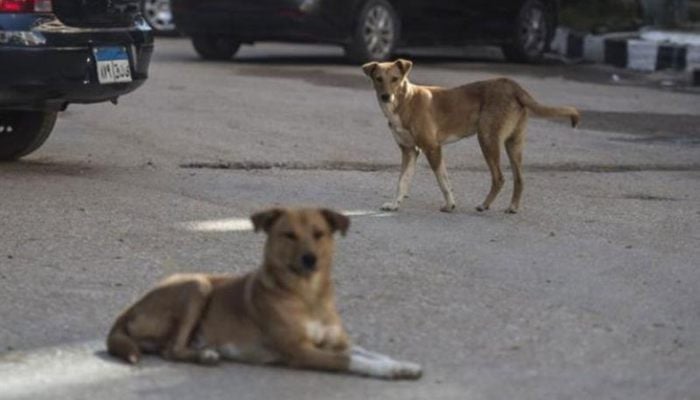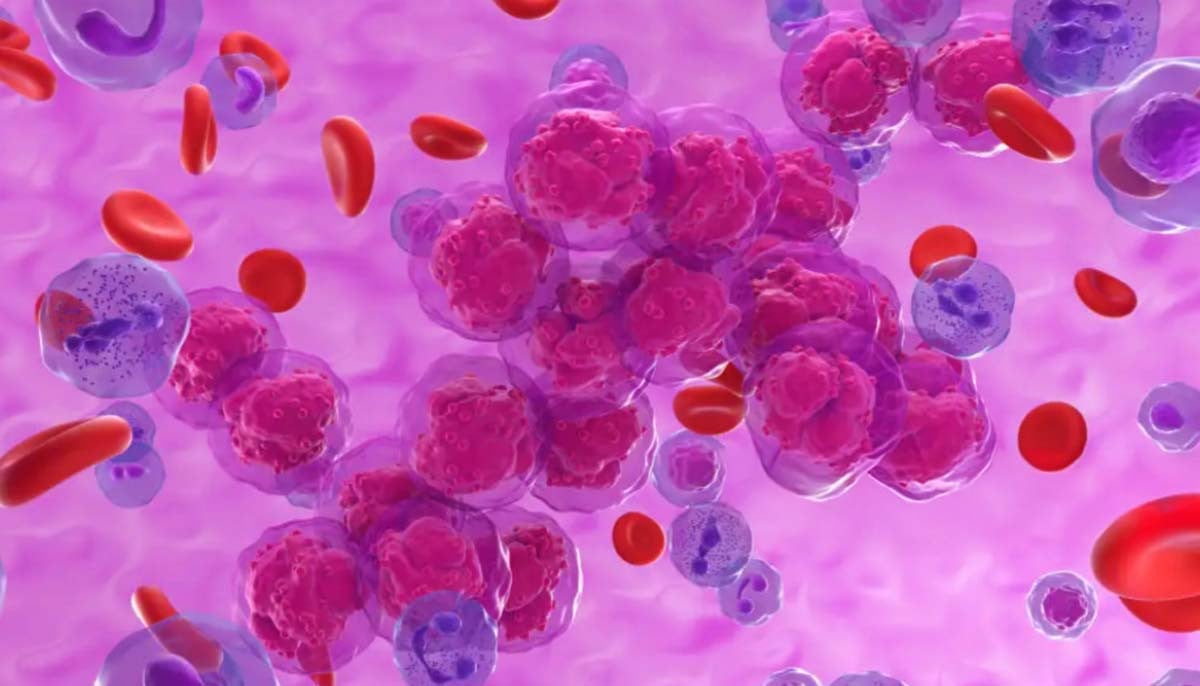Karachi: Six people have lost their lives in rabies in Karachi between May and August after being bitten by dogs, hospital officials confirmed on Friday.
Medical authorities said three of the victims were given treatment in the Jinnah Hospital, while the other were under care in the Korangi’s Trust Hospital.
Officials added that the provincial fatalities have risen this year to 14, with eight dead reported in the Jinnah Hospital and six in the Trust Hospital in Korangi.
Health officials have also announced that so far more than 22,000 cases of dog bites have been reported this year, underlining the growing problem of public health.
Alarmingly, a number of victims of dog bite do not report to a care institution, instead after home remedies for the treatment of wounds.
Health experts say that a victim of dog bite must report to a health care for the public sector and follow a standard protocol to prevent rabies, which is 100% fatal for both animals and people after developing symptoms.
People must be made aware of the fact that cases of rabies occur more often in this region of the world in the summer, including Pakistan.
Studies show that stray dogs in extreme hot weather conditions become rabies more often. Dog bite cases also record an upward trend in the summer because animals, including dogs, are usually more active during the warmer months, which increases the chances of their interactions with people.
Rabies is one of the most neglected diseases in Pakistan, although its incidence is very high, with an estimated 2,000 to 5,000 cases every year, which means that the disease claims 2,000 to 5,000 lives each year, because it is 100% fatal after developing symptoms, the news reported.
Experts emphasize that people must take measures to prevent dog bites, especially in warmer months, and dog bites should not take lightly. Studies show that rabies is an acute infectious zoomotic disease of the central nervous system that can influence almost all mammals, including people.
Rabies is transferred to other animals and people through close contact with the saliva of infected animals through bites, scratches, licks on broken skin and mucous membranes.
In the case of a rabid biting suitcase of animals, the virus spreads from the wounded part to the nerves and to the spinal cord, which damages the victim’s brains and ultimately results in death.
It causes convulsions, inability to move and strange behavior, developing hydrophobia (an extremely intense aversion to water, especially the fear of drinking water or other liquids) in the victim exposed to the disease.






